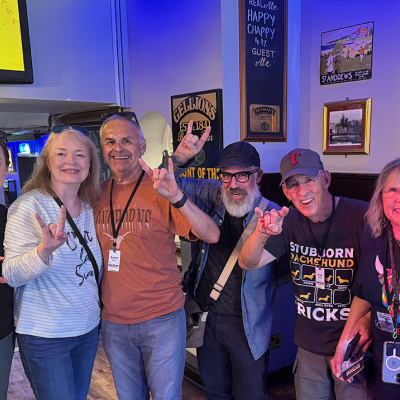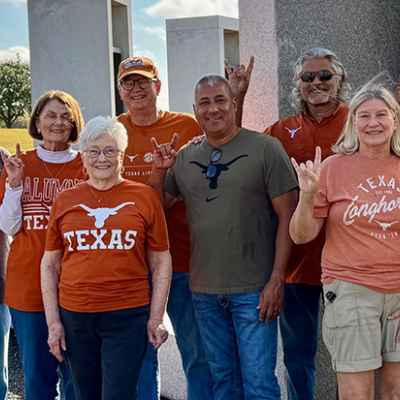Texas Universities Should Be Engines of Opportunity

by Keshav Rajagopalan and Natalie Butler
The recent debate concerning public higher education in the State of Texas has pushed to the forefront a discussion about what is the right model for higher education’s future. With a statewide network of many systems and institutions that educate the diverse students of Texas, how should it function? What should it strive for? How should it change? And how can it adapt itself to keep up with the global economy?
[caption id="attachment_3616" align="alignright" width="199" caption="Keshav Rajagopalan"]

[/caption]
While these are all good questions to ask, and while they may spur a healthy debate, they may be oversimplifying the complexity of the situation, and hence, missing the mark. They are a level too deep and cannot be appropriately answered without asking a first-order question: What do we, as a state, want the young people of Texas and the students of Texas universities to do with their lives?
One of the recent suggestions of how we alter our higher education system positions the student as a customer, converting our colleges and universities into a transactional, business-oriented interface. This idea relegates students to the lowest common denominator, and while it may be one idea that answers the question of how higher education in Texas should function, it does not address what our hopes and goals for students’ futures are.
While we may have less than 50 years of life between the two of us and less than a decade of post-secondary school, we feel we are in ample position to address this first-order question of what young people in Texas are, and should be, aspiring towards for their futures.
We want to be leaders, doers, thinkers, and researchers. We want to discover the cures to diseases, and we want to study ancient languages from different parts of the world. We want to understand our history to help us craft policies for our future. We want to be teachers of the next generation. We want to read, and we want to learn. We want to take an active part in the affairs of our society, and we want to proudly represent the State of Texas for years to come. We want to make Texas a leader in the global economy and make Texas—and the world—a better place.
Now, these may be lofty goals, but we ask you to challenge us, push us. Do not let us settle for second-rate. Allow us to be the best that we can be. Make us curious, make us inquisitive, make us always hunger and thirst for more.
All these things can happen on the campuses of Texas’ public universities—at UT Dallas, Texas A&M University International, UT Austin, and Texas Tech. These things can happen at U of H and UNT. These can happen at Texas A&M and at UT Brownsville. Together, let us figure out how.
[caption id="attachment_9832" align="alignright" width="300" caption="Natalie Butler"]

[/caption]
Don’t mistake us for defenders of the status quo. We want to see higher education in Texas improve. We want to see more young people educated, more degrees conferred, more ground-breaking research conducted, and more opportunity fostered for all Texans, regardless of means or background. Discussion of higher education should aim for these goals, but never at the expense of quality. We should be investing more in our universities to make them engines of opportunity for Texas’ next generation of citizen-leaders. We should always be asking how we can help Texas’ students become better-equipped for what they want to do with their lives.
To our leaders, both elected and appointed, we ask you to heed this. Take this into account, and let us take part in a discussion that we have such a valuable stake in. Let us together help address and answer the questions around how our higher education systems should function and evolve.
Today, we launched Young Texans for Excellence in Higher Education, a group of committed young citizens who believe strongly in the power of Texas’ higher education system to transform lives, build our economy, and shape Texas’ future. We are eager to debate and discuss these issues with you, and together, to craft solutions that will make Texas’ higher education system better, stronger, and poised for the future.
Creative Commons photo at top courtesy rogerwshaw via Flickr.





